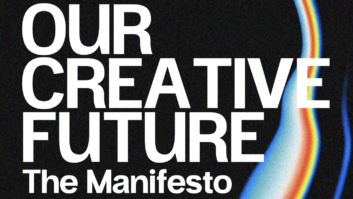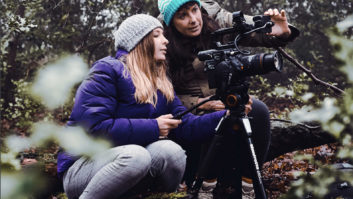As part of its review of 2022, screen industry organisation for environmental sustainability albert revealed it certified 1,933 programmes in 2022, more than the figures in 2020 and 2021 combined.
Emissions stood at 12.8 tonnes per hour, up from 11.3 in 2021. This is due to the introduction of new methodology to give a true picture of the overall footprint for the UK TV industry, said albert, as well as a significant rise in the number of programmes covered.
Travel and transport make up the largest part of a programme’s carbon footprint across all genres, found the report. Elsewhere, the use of diesel generators fell, while in drama, the highest emitting genre, there was a 7 per cent decrease in overall carbon emissions year-on-year.
The review also found that just under half of post production suites are being powered by what albert describes as green energy; while only 14 per cent of studios ran on renewable electricity in 2022.
“There’s a huge amount happening across the sector, which shows encouraging progress,” said Carys Taylor, director of albert. “But if the screen industries are to slash their emissions in half within the next seven years, 2022 data insights sound a loud warning bell that we must go further and faster.
“There’s much talk now of climate tipping points, but perhaps the industry has reached one too, with 2022’s climate events and carbon emissions data serving as clear warnings for urgent change,” she added. “On screen, the industry has only just begun. The climate crisis is the biggest story of our generation, and the screen industry has an essential role to play in supporting the public to engage with, and adapt to, our changing world.”
The full report is available to read here.







